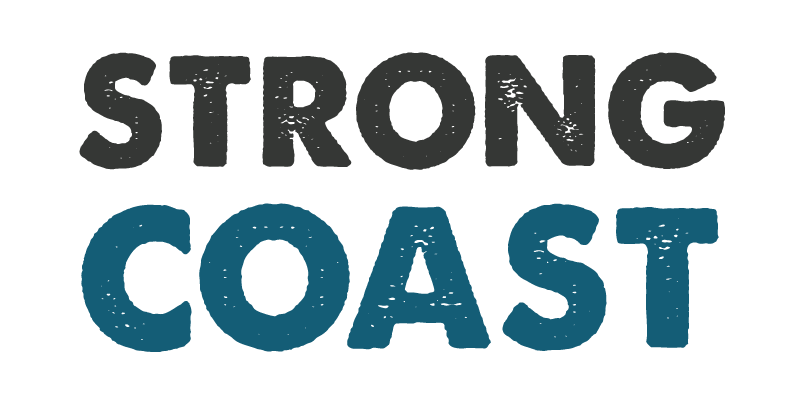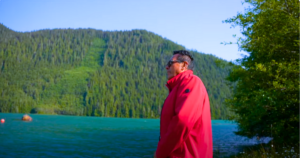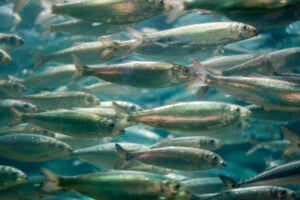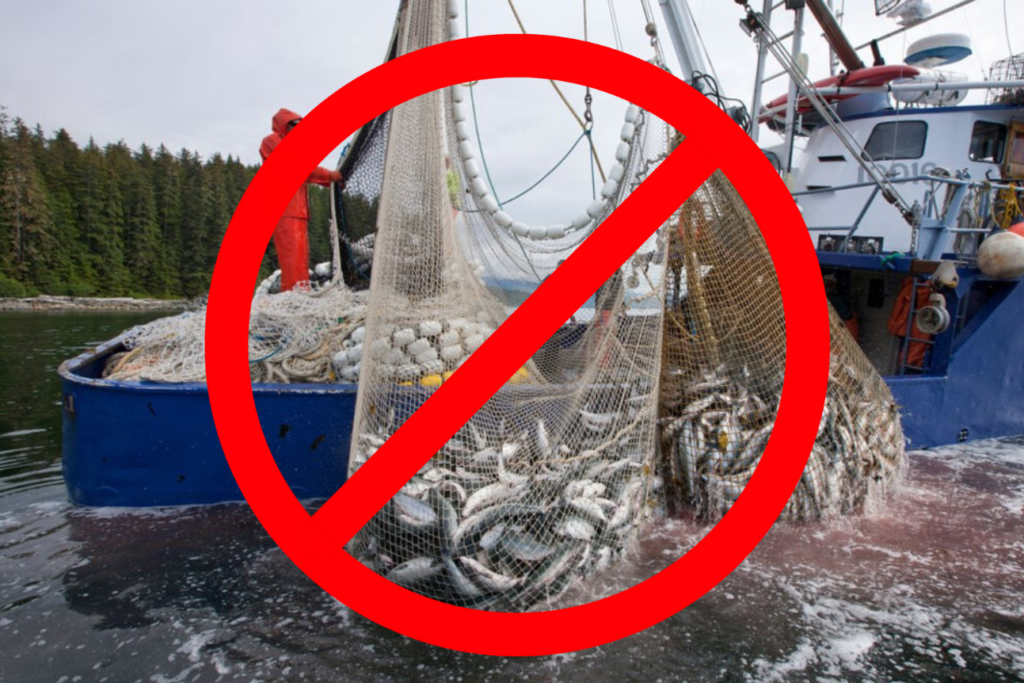
The BC-based fishing Seafood sustainability group Ocean Wise has removed its “recommended” status from salmon fisheries in southeast Alaska, and said Chinook salmon caught using purse seine, drift gillnet, and troll fishing methods in southeast Alaska can no longer carry the Ocean Wise label.
“Effective immediately Ocean Wise no longer Recommends Marine Stewardship Council (MSC) certified salmon fisheries from Southeast Alaska, due to concerns over the incidental catch of depleted southern Pacific salmon populations and the implications for endangered Southern Resident killer whales,” Ocean Wise said in a statement.
In 2021, the federal government reduced BC’s commercial salmon harvest to protect at-risk species. That year, southeast Alaska’s fleets scooped up over 650,000 Canadian sockeye, then in 2023 an estimated three million BC salmon were taken by southeast Alaska fisheries. Those numbers may be under-reported, because Alaska lacks the same data collection requirements in place in BC.
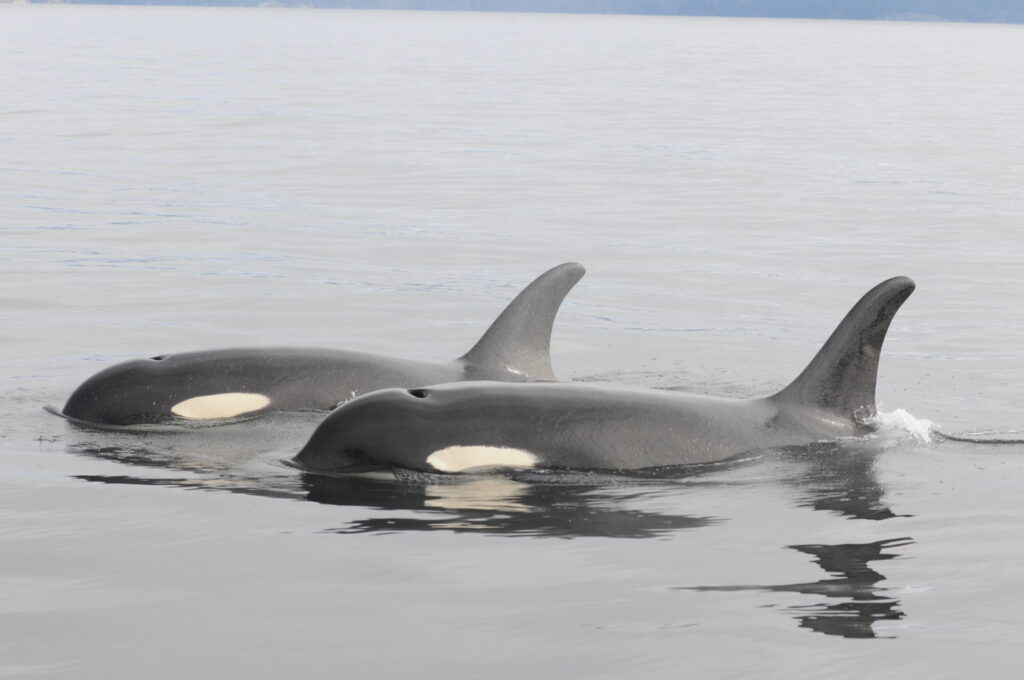
The Watershed Watch Salmon Society, SkeenaWild Conservation Trust, and Raincoast Conservation Foundation of BC previously objected to the controversial approval by the global Marine Stewardship Council of Alaska’s “interception fisheries,” on the grounds that the fishery harms salmon migrating to rivers in BC, Washington, Oregon, and California.
Ocean Wise said the objection to the MSC label prompted its own review, in May 2024. Ocean Wise identified four issues including stock interception; bycatch of struggling species, the impact on endangered species, and inadequate management.
The statement by Ocean Wise said the Alaskan fishery intercepts such “a significant proportion” of salmon migrating to BC watersheds that southern ecosystems are compromised. Sockeye and at-risk Steelhead are taken in amounts “outside of their biological limits” by Alaskan drift gillnet, seine, and troll fisheries, it said, while Alaska’s Chinook salmon harvest impacts prey required by endangered Southern Resident Killer Whales. Ocean Wise also cited inadequate management of the Alaskan fishery while a “lack of appropriate record keeping for bycatch in the Southeast fishery has led to likely underestimations of mortality for sensitive stocks.”
Chinook salmon caught in various BC fisheries still hold the Ocean Wise “recommended” status, confirmed in May.
Ocean Wise provides a wide array of tools on their website to source sustainable seafood, including a map of their partners around the world and a visual index of sustainable species. They note that one in three fisheries worldwide are overfished, so supporting small scale local fisheries and learning how to identify sustainable seafood is key.
“I commend Ocean Wise for directing consumers towards salmon that come from sustainable fisheries, and away from salmon that come from unsustainable ones, such as southeast Alaska.”
Greg Knox, executive director, SkeenaWild Conservation Trust
Ocean Wise is the first eco-label to consider the extensive damage these fisheries inflict on already depleted Pacific salmon stocks that largely originate outside Alaska.

The Marine Stewardship Council in the UK appointed an independent adjudicator to assess a formal objection from the three conservation groups that take issue with the certification of southeast Alaska fisheries. One of those fisheries was even recommended to be closed after a US District Court in Seattle found that Alaska’s Chinook troll fishery did not adhere to US federal endangered species legislation.
Following this filing, Ocean Wise has reassessed its own guidelines, and introduced of a new Rapid Assessment Standard. Southeast Alaska’s salmon fisheries will be among the first to be evaluated under this new process.
“We hope this helps spur the Alaskan government and seafood industry to ditch their unsustainable practices and help us rebuild our depleted salmon runs here in BC.”
Aaron Hill, executive director, Watershed Watch Salmon Society
This leadership from Ocean Wise is expected to catalyze further reassessments by other eco-labels, aiming to eliminate greenwashing and promote responsible management of fishery practices.
For more on this story, read this article.
